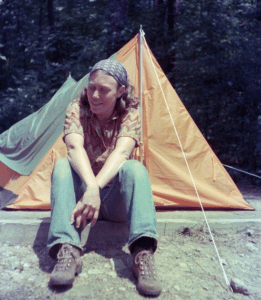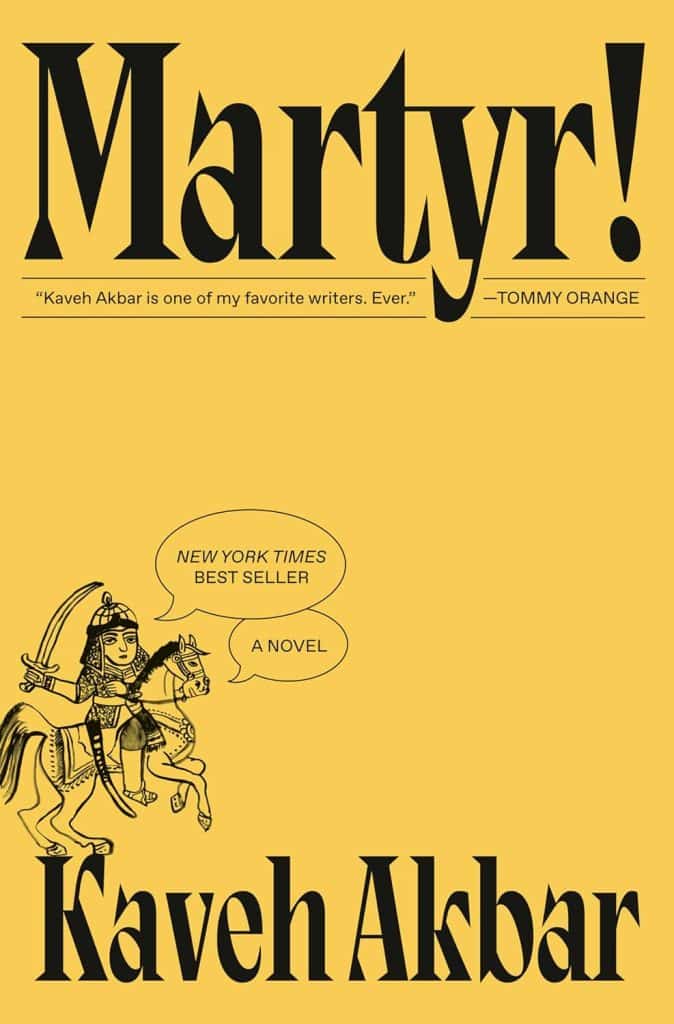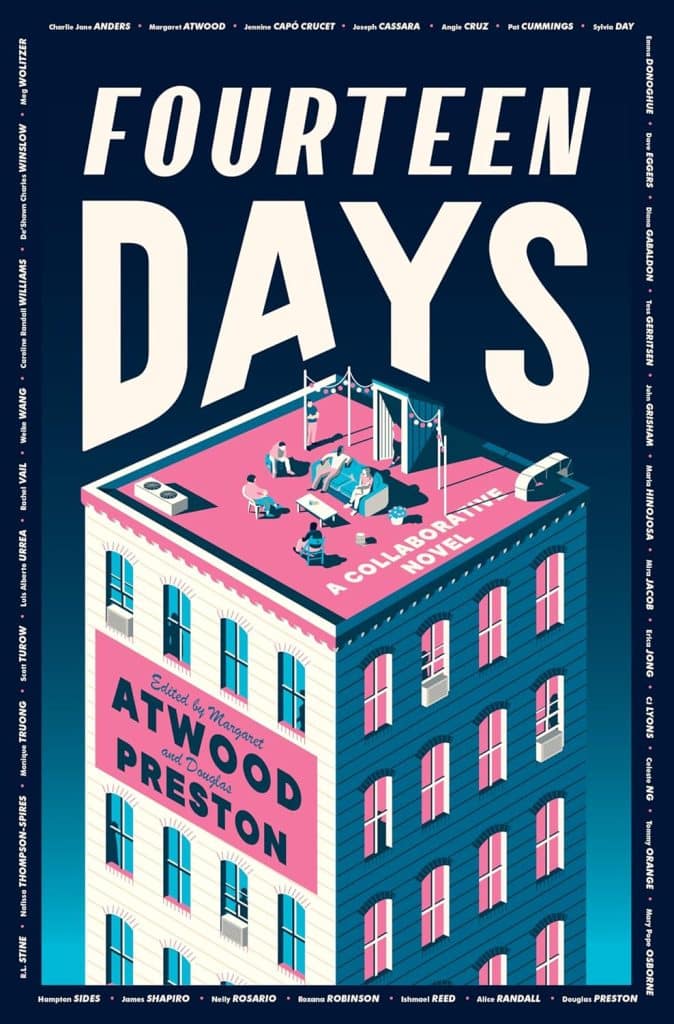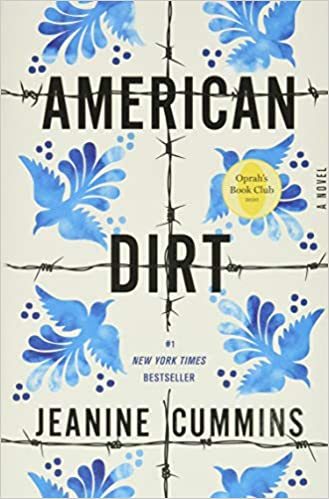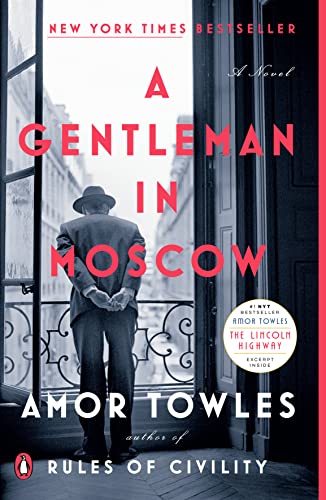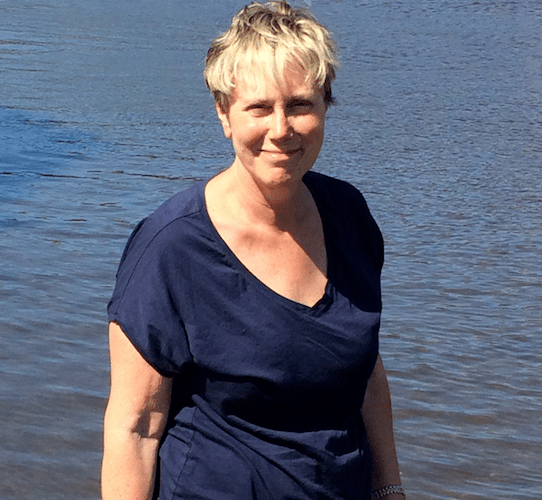
Honeymoon Camping!
Estimated reading time: 15 minutes, 19 secondsFire and Rain in the Gap
This looks like a perfect place for a campsite,” I said to Jan as we looked over a large open field on the top of a bluff overlooking the Delaware River on the New Jersey side. I had parked the VW, where it was clear that other cars had spent the evening. We opened the car doors, felt the mild, almost cool air, and knew it was the right place for us. It is a beautiful spot for the first night of our honeymoon.
I walked around and put my arms around her.
“Nothing is as beautiful as you are, my love!”
We were setting up our tiny orange tent and giggling uncontrollably.
“What do you think of our home away from home,” I inquired.
“I can’t wait to be in bed with you, my love.”
We have to cook before sundown.”
As the fire embers cooled enough so we could cook, I dug a trench around the tent even though it was on a raised pad.
“Why are you digging a trench?”
“I was a Boy Scout, and you have to be prepared.”
Jan snickered.
I hope you will be prepared for a lovely dinner and a fun time in our tent tonight!
I blushed so much that if anyone had walked into our campsite, they would have had trouble distinguishing between my hair and my face.
“Not that it stopped us before, but we are married, and all I suggested is doing it now as a married couple,” Jan said as she smiled at me.
Dinner was not a gourmet meal but the first meal we had prepared together since our wedding. It was still difficult to believe that it was only two days since we were married. Sunday, we spent with my parents, grandmother, sister, and nephew at a Mets game.
We had taken them to the airport this morning and left on our honeymoon this afternoon. The drive to the campsite was our first hour alone as a married couple.
With the approach of twilight, I offered to clean the dishes if Jan would get the sleeping bags ready in the tent.
I saw thunderclouds on the horizon as I washed and dried the cooking pots and utensils. I had not heard any reports of storms but was glad I had dug the trench around the tent.
Crawling into the tent, I noticed that Jan had unzipped the two sleeping bags. They were laid on top of each other, making it possible for us to sleep together.
“My love, you were serious about tonight!”
As much as I wanted to stay in the tent and finally and officially consummate our marriage, I suggested we take a walk before sundown.
Walking on the dirt road we had driven into the camp, we saw other couples and families with more gigantic tents or RVs.
I am happy we have our little pup tent,” Jan observed.
“We will be fine. We have very little money but unlimited love.”
The path led to an overlook of the Delaware Water Gap. The river was narrow, and the water moved slowly. The sun appeared to be setting just across the river from where we stood.
The last few moments of daylight were playing peek-a-boo with the darkening storm clouds. The fire-red flames of the fading sun seemed to be trying to push the impending storm away. But the storm clouds kept getting darker, and soon the sun disappeared.
It Is the first sunset we have seen as a married couple.
Jan put her arms around me. We kissed with an abandon and passion that belied the fact that we had been a couple for almost two years.
It is the first of thousands we will witness together and seal our love with a kiss,” she whispered.
As the sun began to disappear, we walked hand in hand to our campsite.
The thunderheads, dark and ominous, filled the sky as we returned to the campsite.
The weather report I checked when we left Brooklyn did not predict stormy weather.
“We will be OK, as we will be together.”
I let Jan enter the tent first.
“I will be in in a minute or two.”
I checked that the tent was secure, took the shovel, and made the trench around the tent deeper.
I was beginning to worry that we could be in for stormy weather instead of Jan’s planned nocturnal activities. After I completed the inspection, I knew we were as prepared as possible.
After placing the shovel in the car and other gear to stay dry, I returned to our tent. As soon as I had zipped the tent closed, I kissed the love of my life.
With limited space, we fumbled as we undressed each other. Jan believed we, or I, had consummated our wedding the night we were married. But I knew better and wanted tonight to be one we would never forget.
Facing each other in the minimal space, we kissed and hugged until the first lightning bolt hit the ground. It was so close that the thunderclap rolled the tent walls only a few seconds after the flash of light.
We sat up and held each other tightly.
A monsoon-like downpouring of rain began to fall, and the tent walls became damp and cold.
Laying down, we held each other so tightly that we could barely breathe.
“It can’t last much longer,” I mumbled unconvincingly.
As the winds intensified, we heard a tree falling.
“Should we go to the car?”
“Not sure where we would be safer.”
Jan seemed to accept my opinion, which had no supporting evidence.
“Plus, if we left, with the wet walls of the tent, I am not sure we could get dressed.”
With the storm, would anyone notice we were in our birthday suits?
We both laughed at the thought of two newlyweds running naked to their car.
“It is probably better that we stay where we are.”
“At least we are dry and together.”
Instead of getting better or leaving our small plot of heaven on earth, the storm continued and grew stronger.
We agreed not to make love during the storm without saying a word. Each lightning bolt and body-shaking thunderclap kept our minds focused on survival, not on our honeymoon bed.
Jan put her head in my nook.
“Jan, I love you!”
“Me too!”
With each bolt of lightning and thunderclap, Jan’s body jumped. I held her tighter each time and whispered words of love in her ears.
As much as I knew we were as prepared as possible for the storm, I knew we were at more risk than I wanted to convey to her.
I whispered a silent prayer as Jan fell asleep. God, protect us, and we will forever be grateful.
After almost 48 years, I recently lost my wife, Jan Lilien. Like The Little Prince, Jan and I believed that “The most beautiful things in the world cannot be seen or touched, they are felt with the heart.” This blog is a collection of my random thoughts on love, grief, life, and all things considered.


